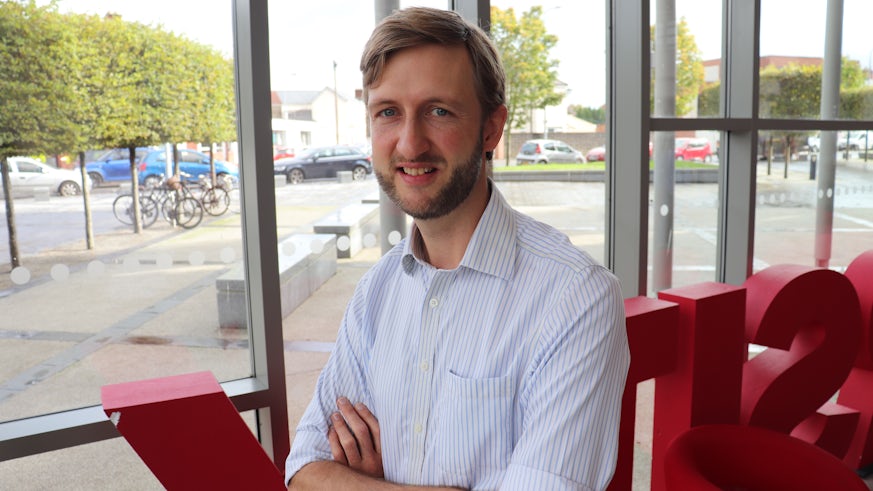Huntington's Disease researcher awarded prestigious Guarantors of the Brain fellowship
29 September 2021

A researcher from the Division of Psychological Medicine and Clinical Neuroscience (DPMCN) at Cardiff University has been awarded the Guarantors of the Brain Fellowship.
Dr Tom Massey is a clinical academic fellow in Neurology with a special interest in understanding the pathogenesis of Huntington’s disease (HD), a devastating and currently untreatable neurodegenerative disorder.
His research aims to develop novel treatments for HD by identifying and targeting the molecular mechanisms that lead to neuronal loss in the brains of HD patients.
The Guarantors of Brain is a charity that aims to promote teaching, education, and research in Neurology and related clinical-academic disciplines and Dr Massey is a recipient of their Brain Clinical Post Doctoral Fellowship for 2021. His lab research will also be supported by a starter grant from the Academy of Medical Sciences (AMS).

"I am delighted to have been awarded a Guarantors of Brain Fellowship and AMS starter grant as they give me dedicated research time and resources to develop new strands of my HD research programme."
“HD is caused by a CAG repeat expansion in one copy of the HTT gene. We have identified other genetic variants in patients that affect when HD symptoms start and how rapidly they progress. We now want to take these variants into the lab to work out how they are affecting the course of HD”
Previous work in Cardiff has developed a stem cell model of CAG repeat expansion. Modifier variants identified in patients also impact on repeat expansions in this cellular system, suggesting that the molecular mechanisms driving repeat expansions in neurons are central to HD progression.
“This new Fellowship will enable me to explore the molecular details of CAG repeat expansion, using a combination of cell biology and biochemistry. I believe that by understanding this process in detail we can identify and test new therapeutic targets in HD.
“I would like to thank the Guarantors of Brain and Academy of Medical Sciences for supporting this research that I hope will ultimately benefit our patients in the HD clinic.”
